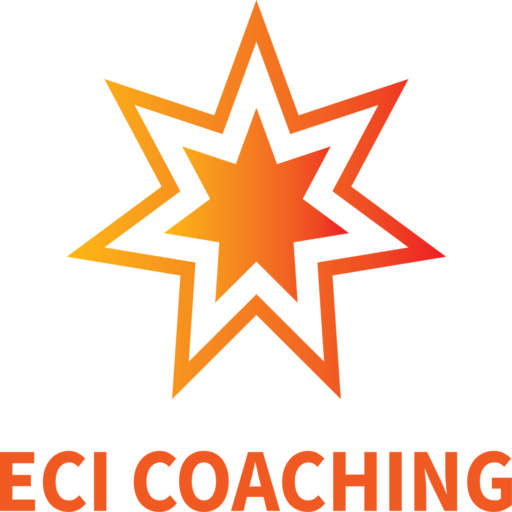How Can Being A Coach Boost Your Career?

When I first started training as a coach, my peers and I were really fixated on the idea of being a professional coach, which I eventually became. When it came to passing down coaching skills in the early 2000s, the trend had shifted slightly.
The people who wanted to be trained as a coach were not so much focused on being a personal or executive coach any more.
In fact, many of them used coaching as an additional skill set to complement their professional careers.
Some of the coaching skill sets have become so useful that the results people use for their careers have been astonishing.
Coaching skills allow for deeper engagement with people with a clear focus on what matters to them, an understanding of how a person is able to bring out the best in themselves, the ability to correct a person’s actions, framework or attitude to elicit the passion in them and find out what they love.
A lot of that is related to career advancement.
When a person is trained with coaching skills, they:
- become better listeners
- ask better questions and
- begin to understand certain dynamics about how human beings are engaged at different levels.If you add in executive coaching skill sets (i.e. training coaches for top executives), we are talking about decision making processes, team-building skills, and the mechanics around what it takes to lead a team. When a person is trained to be able to elicit that in other people, they themselves acquire those skills too. When you use those skills in your career, it takes a huge jump.
Some of the coaches that I’ve trained have become Directors of their companies in a short time.
Others used coaching skill sets to motivate themselves so that they would become top performers in some real estate firms in Singapore. Many who have top rankings in their industry have made tons of money as independent professionals.
I’ve trained coaches who used their coaching career planning skills to catapult their own careers by being able to help others answer and ace interviews, and when they go for interviews themselves, they become a prime candidate for multiple positions.
As a result, because coaching skills are very closely related to leadership skills at a very personal level, coaches end up being very charismatic, being very good leaders, at least in small teams.
If they evolve into bigger teams, perhaps it’s because they sought out lessons in other areas and they’ve got other skills that allow them to become better leaders at a larger level.
Nonetheless, what that often means is that coaches who focus on their careers as a non-coach are better able to:
- engage people
- question
- enquire
- plan
- strategise and
- call forth actions from the people around them.In fact, you see a huge reversal in the initial mindset on coach training today – a lot of people in different careers from various industries are being sent to coaching organizations to train in coaching, because it makes them a better manager. So for those who have engaged themselves and trained themselves in the coaching skill set, they’re going into a career fully armed to the teeth.
Being equipped with coaching skills gives a great boost, and I’d love to hear so much more stories from people who’ve gotten promotions, reached higher levels in their highs, made much bigger impacts, and created humanitarian causes in the world as a result of their training in coaching.
And I think that is making a huge difference.
 Kelvin Lim is Southeast Asia’s first Master Coach and the Founder and Principal Coach of Executive Coach International, the largest Coaching organization in Singapore. A professional coach since 1997, Kelvin has worked with over 20,000 people in China, Singapore and Internationally. He is also one of the Executive Producers of the ‘LEAP’ Coaching movie, the first-ever international film about Coaching. You can also follow him on LinkedIn.
Kelvin Lim is Southeast Asia’s first Master Coach and the Founder and Principal Coach of Executive Coach International, the largest Coaching organization in Singapore. A professional coach since 1997, Kelvin has worked with over 20,000 people in China, Singapore and Internationally. He is also one of the Executive Producers of the ‘LEAP’ Coaching movie, the first-ever international film about Coaching. You can also follow him on LinkedIn.

